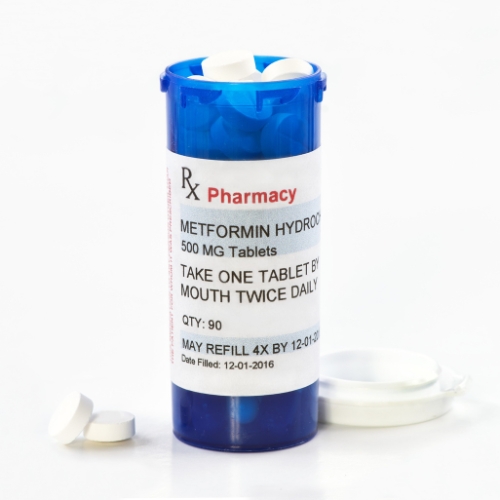Key points from article :
Metformin (Met) restores mitochondrial function, repairs cell metabolic defects in myotonic dystrophy.
DM1, a myotonic dystrophy type, has effects similar with the hallmarks of ageing.
Includes cellular senescence, genomic instability, telomere attrition, deregulated nutrient sensing.
DM1 causes oxidative phosphorlyzation to lose half of its ability in ATP conversion.
Use of Met resulted in increases of cellular respiration and ATP production.
It substantially reduced production of hydrogen peroxide that leads to oxidative damage.
The study also showed that Met increases cell division and viability in DM1 cells.
By decreasing markers of senescence such as p16Ink4a and p21CIP.
Note: although a human cell study, results cannot always be replicated in clinical trials.
Myotonic dystrophy is a genetic disease, the only potential true cure is a genetic one.
Met may be instrumental in treating symptoms, but cannot treat the cause.
Published in Aging.





